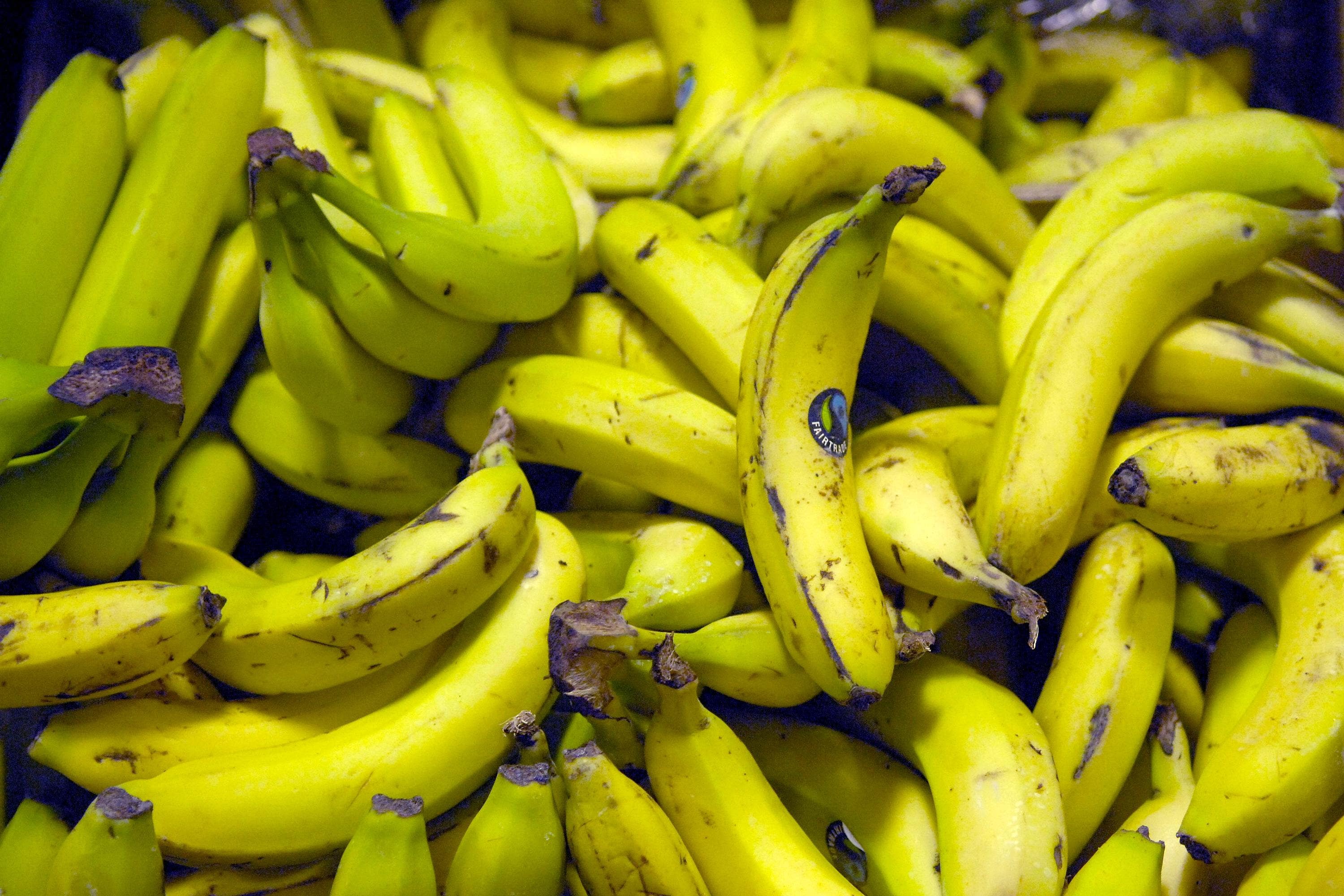UK investment helping overseas farmers struggling with climate change – analysis
The UK has co-invested in at least 348 projects helping overseas farmers struggling with climate change, the Energy & Climate Intelligence Unit said.

UK funding has helped farmers who grow staples like bananas, rice, tea and coffee to adapt to climate change, according to analysis.
The Energy & Climate Intelligence Unit (ECIU) found that the UK has co-invested in at least 348 projects supporting overseas farmers struggling with climate extremes.
The UK invested money alongside other major economies like Germany and France via the six main multilateral climate funds.
These include the Green Climate Fund, which was established under the United Nations Framework Convention on Climate Change (UNFCCC) and is considered the world’s largest dedicated multilateral climate fund.
The ECIU analysis found the projects span 111 countries, 84 (76%) of which grow food sold on UK supermarket shelves.
One example is Colombia, which grows around a third (30%) of the UK’s bananas – 253 million kilograms worth £169 million in 2023.
We live in an interdependent world, with overseas farmers on the front lines of climate extremes making a living by selling food to us in the UK
Colombia, along with other parts of the Amazon Basin, have experienced exceptional drought since the middle of last year.
Temperature rises come with the increased frequency and intensity of drought, floods, pests and disease which reduce banana quality and yields.
To help support farmers, the UK and other countries have invested via a project under the Green Climate Fund, which enables more efficient water use and the cultivation of varieties more tolerant to climate impacts, the ECIU found.
Meanwhile, Pakistan – which is the UK’s second-biggest rice supplier after India, providing 89 million kilograms worth £94 million in 2023 – was hit by deadly flooding, prolonged heatwaves and high humidity this year.
These impacts can damage rice plants and encourage pests and diseases like the Khapra beetle.
The UK is supporting farmers in the country to grow rice as well as other key export commodities like wheat, sugarcane and cotton via several projects including one under the Green Climate Fund, according to the analysis.
The initiatives are helping to build farmers’ capacity by training them in water management, intercropping, mulching, the cultivation of heat, drought and salt-tolerant crop varieties and integrated pest management (IPM).
Gareth Redmond-King, head of international programme at ECIU, said: “We live in an interdependent world, with overseas farmers on the front lines of climate extremes making a living by selling food to us in the UK.
“These are some of the people who are supported by investments that the British Government is making abroad, along with other major economies such as Germany and France.
“If climate change impacts overwhelm them, their livelihoods are at stake and UK food security is jeopardised.”
He added that while UK harvests of key crops are hit by wet weather linked to climate change, “back-up” imports of key commodities are “also wobbling under climate-driven extremes in several supplier countries”.
The analysis focuses on agricultural resilience projects funded by the six main multilateral climate funds only: Climate Investment Funds (CIFs), Green Climate Fund (GCF), Adaptation Fund (AF) and Global Environment Facility (GEF), which hosts the Least Developed Countries Fund (LDCF) and Special Climate Change Fund (SCCF).
Though not included in this analysis, the UK has also made contributions to the UN’s International Fund for Agricultural Development (IFAD), which is not strictly a climate fund but has a climate programme called Adaptation for Smallholder Agriculture (ASAP).
This operates in more than 50 countries and has helped more than eight million small-scale farmers vulnerable to climate change.
The country also gives bilaterally to organisations and so the total number of agricultural resilience projects it invests in is likely higher than shown in the analysis, the ECIU said.
Bookmark popover
Removed from bookmarks